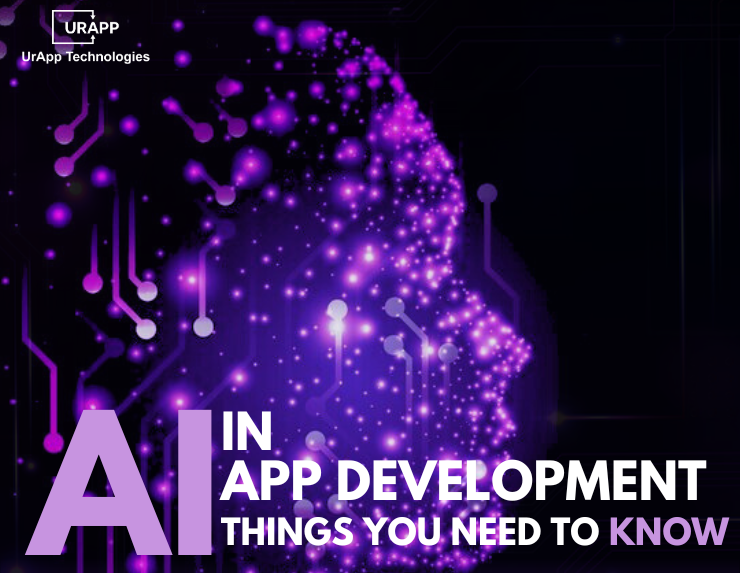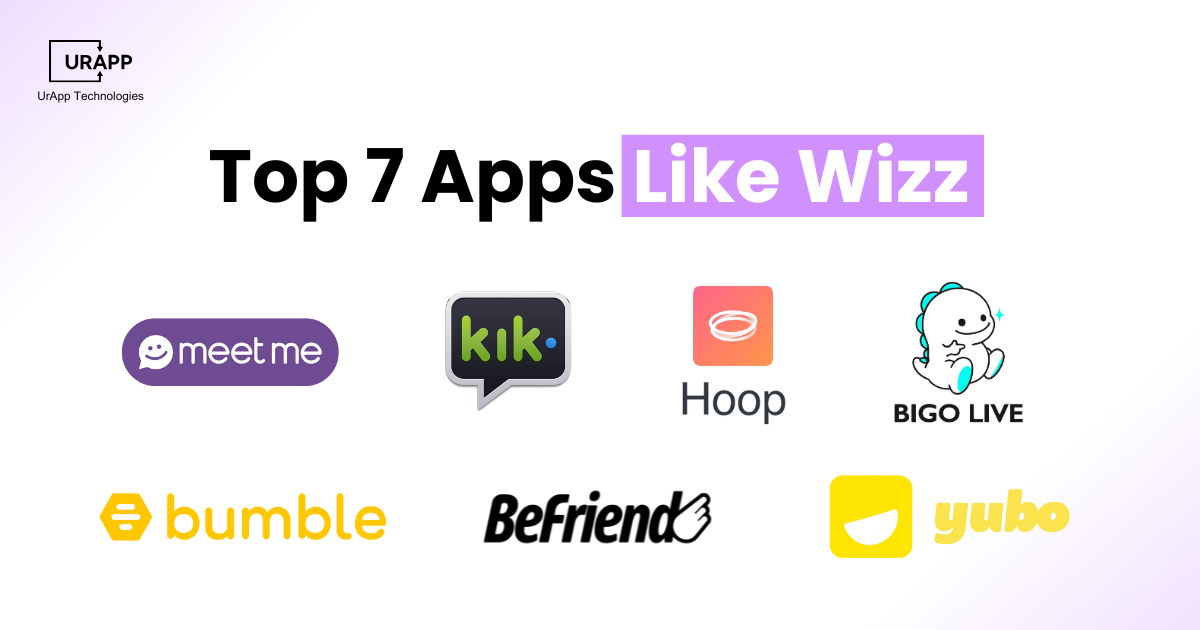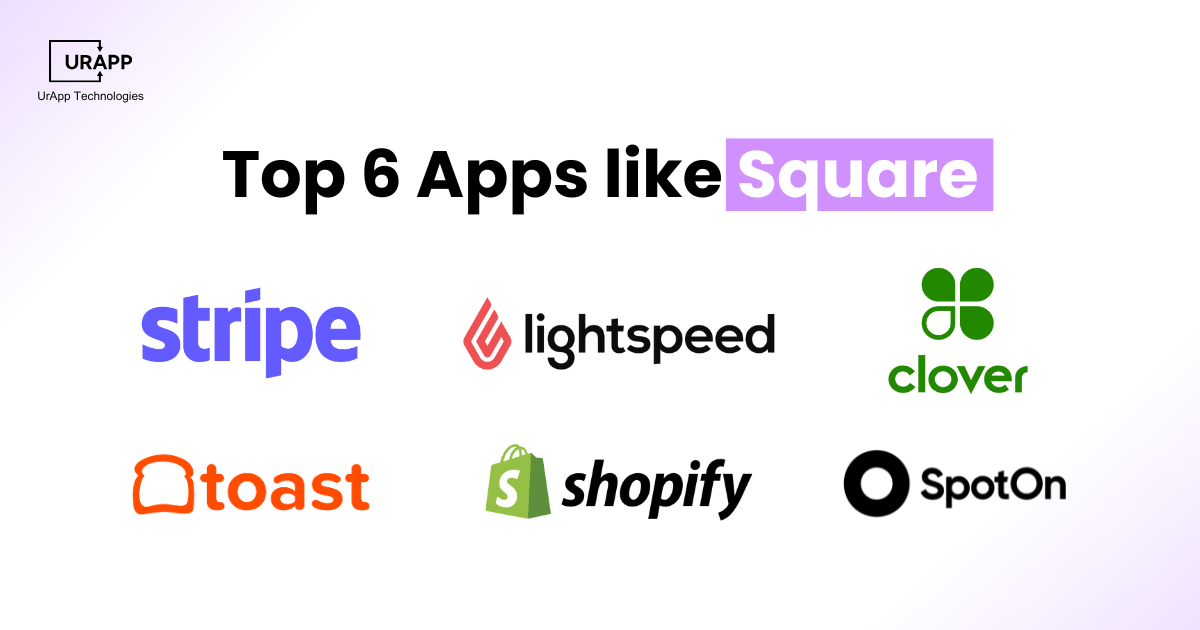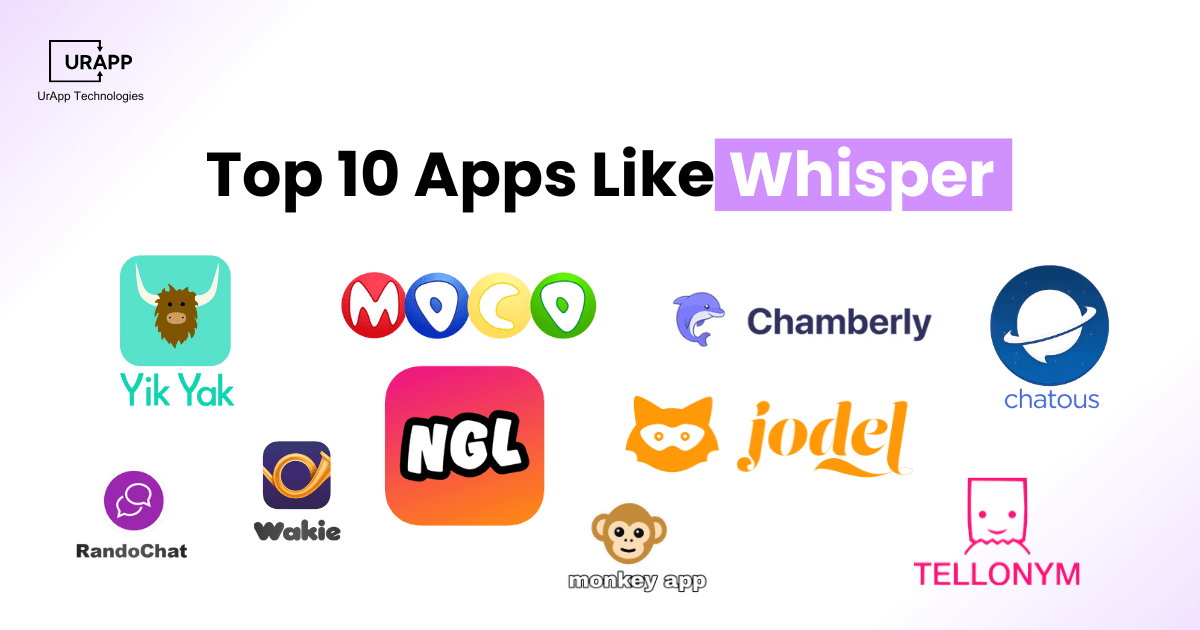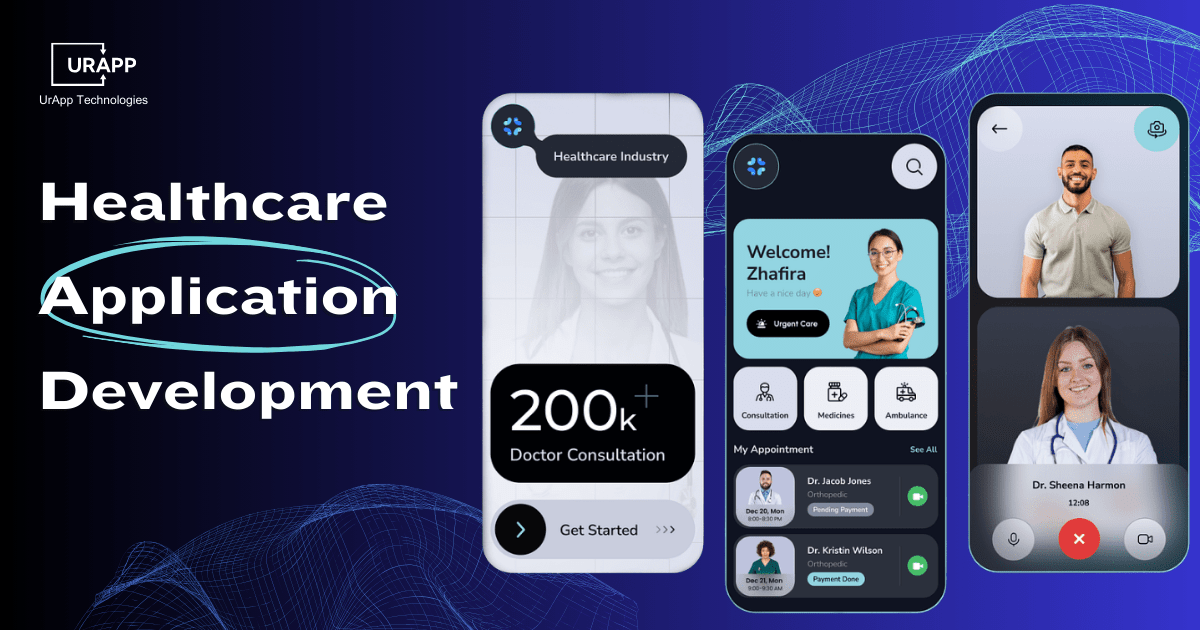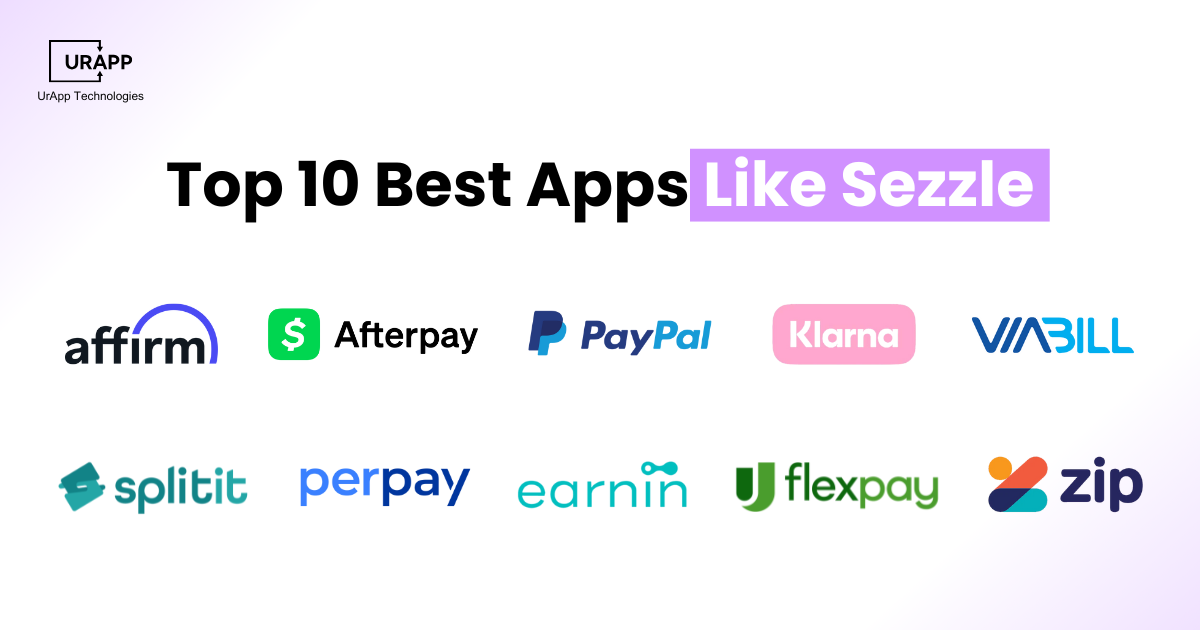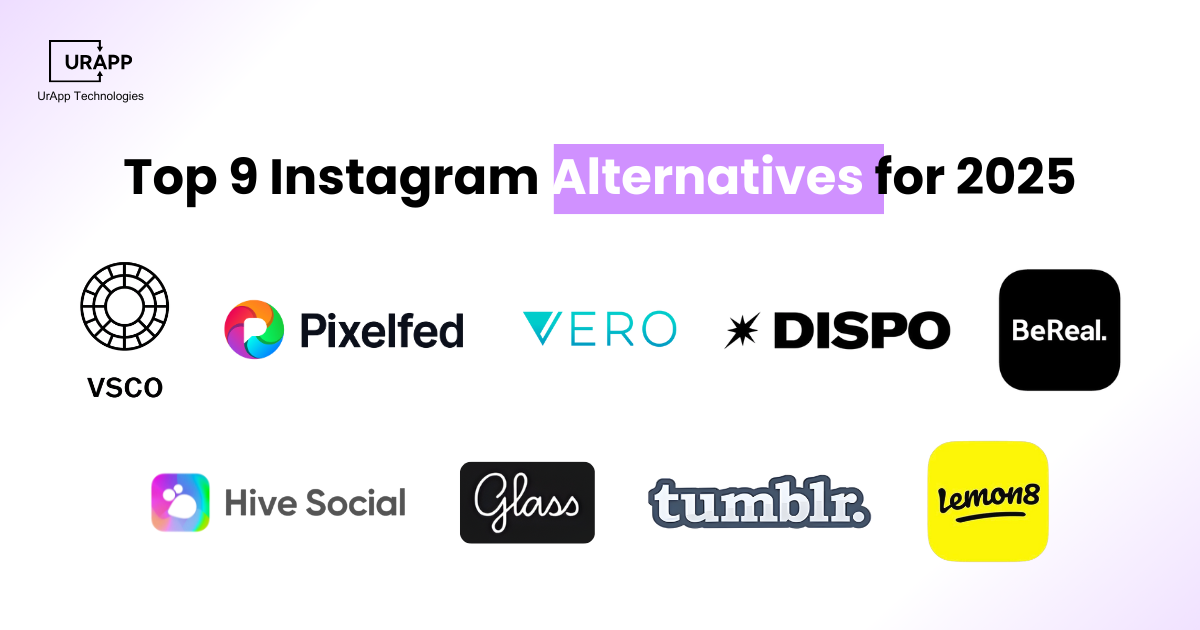The Revolution of AI-Based App Development
AI in mobile app development means adding smart technologies like machine learning, voice recognition, and data analysis to make apps more intelligent, efficient, and personalized. With AI, apps can understand user behavior, make decisions using real-time data, and adapt to different needs. It also helps developers by automating coding, detecting errors, and improving testing. This leads to faster development and better user experiences. AI is now widely used in apps across various industries and works well with other technologies like IoT, wearables, and AR/VR, making it one of the biggest trends in mobile app development.
In this blog, we will explore how AI in App Development has changed on-demand application development, digital marketing solutions, custom software development, and scalable Platform as a Service (PaaS) solutions. This blog will provide valuable insights into these key areas and help you stay ahead in the ever-evolving landscape of AI-driven app development.
The Evolving Impact of AI on Mobile Apps
Mobile App Growth & Revenue Potential:
- Mobile app revenue is projected to hit $613 billion by 2025, driven by models like subscriptions, in-app purchases, and ads. However, user retention remains low—just 2.1% on Android and 3.7% on iOS by day 30, highlighting the need for better engagement strategies.
Rising Consumer Spending on Apps:
- Global consumer spending on mobile apps reached $35.82 billion in the latest quarter, continuing a steady rise since 2019, with $171 billion spent in 2023 alone—reflecting strong and growing user demand.
AI’s Role in Driving Innovation:
- The global AI software market is expected to grow to $126 billion by 2025, powering smarter features like chatbots, voice assistants, and automation. Major tech companies are heavily investing in AI, making it a key driver in app development and digital transformation.
Role of AI in Enhancing Mobile App User Experience:
AI based app development involves more than just the use of algorithms and models. It leverages the power of AI to create applications that think, learn and adapt much like a human. This shift changes how developers approach their development and opens up new possibilities previously unimaginable.
Machine Learning (ML)
Data can be used by programs to learn through machine learning, a subset of artificial intelligence. As a result, without human input, programs can get better over time. ML is used in app development to examine user behavior, forecast actions in the future and modify the functionality of the app as necessary.
- NLP is the ability of machines to understand and respond to human language. It is crucial in creating apps that can communicate with users in a natural and human-like way. Examples include voice assistants, chatbots and language translation services.
- Computer vision allows apps to interpret and understand visual information from the world, such as images and videos. This technology powers features like facial recognition, image search and augmented reality.
- With predictive analytics, past data is analyzed to forecast future events. It is applied to mobile app development to improve decision-making, optimize app performance and foresee user needs.
Influence of AI-Based App Development

Artificial Intelligence has revolutionized the development process and is not merely an additional tool for developers.
- AI can do repetitive and time-taken jobs like testing, code development and bug discovery. In addition to speeds up the development process, this lowers the possibility of human error.
- When you analyze the user data, AI can create personalized experiences for each user. This includes tailored content, adaptive interfaces and intelligent recommendations, making the app more user-friendly.
- App security is significantly impacted by AI. Real-time threat detection and response are possible, because it uncovers fraudulent activity, stops data breaches and protects user privacy.
- AI ensures that system resources are used optimally and ensures the smooth and effective operation of the application. This includes memory management, processing power and battery usage, leading to better app performance.
AI based Mobile App Development
The way that mobile apps are planned, created, and distributed has undergone major shifts because of AI in App Development. These days, developers can create apps that not only meet users' needs but also anticipate and exceed them.
Personalization and User Experience
The development of contemporary mobile apps revolves around personalization. Apps that incorporate AI can provide users with a better tailored experience, which is crucial for user retention and loyalty. Here’s how;
- To build individualized interfaces, AI examines user behavior and preferences. This guarantees that each user receives the most appropriate content and features, that lead to a more positive user experience.
- AI-powered recommendation engines suggest products, services, or content based on user interests and past interactions. This increases engagement and conversion rates.
- AI enables hands-free interaction through voice and gesture recognition. This is particularly useful in creating accessible apps for users with disabilities.
- AI can analyze user emotions through text or voice input and adjust app responses accordingly. This creates a more empathetic and human-like interaction between the app and the user.
Streamlined Development Process

AI has also altered the development process itself, which results in effectiveness and cost. Here are a few examples of how AI has made the process of Mobile app development easier:
- Artificial intelligence (AI) streamlines the testing procedure and guarantees comprehensive app testing in just a little of the time compared to human testing. As a result, there are fewer issues and faster releases.
- AI may generate code snippets based on criteria, lower the amount of manual coding needed. Developers are able to concentrate on more difficult jobs as a result of the accelerated development process.
- Prior to the app being released, bugs can be found and fixed with AI-powered technologies. This lowers the possibility of mistakes and guarantees a more seamless user experience.
- App performance is analyzed in real-time by AI, and optimizations are suggested to improve speed, efficiency, and resource utilization.
- By anticipating user issues and trends, AI-driven analytics enable proactive improvements before deployment.
AI driven Digital Marketing Solutions
The production of apps is just one aspect of how AI affects app development. It also includes the marketing strategies and user interactions used by these apps. AI driven digital marketing solutions help companies connect with their target audience more successfully and efficiently.
Targeted Marketing Campaigns
Businesses may develop more individualized and focused marketing efforts because of AI. Here are some ways AI has improved digital marketing:
- AI divides the audience into groups according to their tastes, behavior and demographics based on user data. Higher conversion rates and more focused targeting are made possible by this.
- Because AI analyzes historical data, it can forecast future patterns and client needs. This makes it easier for companies to keep one step ahead of the competition and adjust their marketing plans accordingly.
- AI is able to optimize content delivery across several channels and analyze which kinds of material resonate most with different audience demographics. This guarantees that, at the appropriate moment, the proper message reaches the appropriate individuals.
Enhanced Customer Interactions

AI in App Development has also improved consumer interactions for organizations, leading to a more personalized and responsive experience:
- Chatbots and virtual assistants driven by AI offer round-the-clock customer service, are able to direct users, respond to enquiries and even offer suggestions. This not only increases client happiness, but also frees up human resources for more difficult jobs.
- Based on their choices and behavior, AI makes sure that every user sees material that is relevant to them. Users continue to use the app and engage with it more as a result.
- Businesses can quickly improve their products and services because of artificial intelligence's capacity to detect and assess consumer feedback in real-time.
- Support tickets are categorised and prioritized by AI, ensuring faster resolutions and a better user experience.
- Using AI-powered voice and image recognition, users can interact with apps more intuitively and efficiently.
Efficient Project Management
AI in App Development has improved the efficiency of project management in custom software development. Here are some of the ways:
- Artificial Intelligence evaluates team availability and project needs to optimize resource allocation. This ensure that projects are finished on time and budget.
- AI is able to anticipate possible project risks and offer solutions for risk minimization. This guarantees more seamless project execution and helps prevent delays.
- Project schedules are optimized by AI, which makes sure that all tasks are finished in the most effective order. This expedites the completion of the project and decreases downtime.
Intelligent Software Solutions
More intelligent and adaptable software solutions can be made possible by AI in App Development. Look at how it is truly reliable and effective.
- Software with AI capabilities can pick up on human interactions and gradually enhance its functionality. This guarantees that as user needs change, the program will continue to be useful and relevant.
- AI is able to foresee possible system malfunctions and recommend workarounds. This ensures continuous operation and minimizes downtime.
- AI can help organizations make better decisions by analyzing large, complicated data sets and extract relevant insights.
Scalable Platform as a Service (PaaS)
Modern app development demands scalability and artificial intelligence (AI) is essential to deliver scalable Platform as a Service (PaaS) solutions. Businesses may create, execute and manage applications with PaaS platforms without need to worry about the complexities of building and upholding the infrastructure that underlies them.
- With the help of AI, PaaS systems can scale dynamically, as it ensures that the applications can meet changing demand levels without compromise on performance.
- AI automatically adjusts resources based on real-time demand, ensuring that the application remains responsive even during peak usage times.
- With resource usage optimized , AI reduces operational costs, making PaaS solutions more cost-effective for businesses.
- AI continuously monitors and optimizes application performance, guareenting a consistent and reliable operation under heavy loads.
Security and Compliance
AI also enhances the security and compliance of PaaS platforms and it addresses the challenges that come when you manage sensitive data in a cloud environment:
- Applications are shielded from online attacks and data breaches by AI, which also deploys and enforces security controls throughout the platform.
- AI lowers the chance of non-compliance and ensures that the platform complies with industry norms and laws.
- Strong encryption techniques are offered by AI to safeguard private and sensitive data from unwanted access.
The Future of AI in App Development

AI will only become more important in app development as it develops further. The prospects for innovation in the future are virtually unstoppable, as artificial intelligence continues to push the limits of mobile app development.
Upcoming Trends
The following are some future advancements in AI in App Development that we should watch out for in the years to come.
- AI will improve AR and VR experiences, increasing their interactivity and immersion. Applications in training, education and gaming will all benefit from this.
- AI will make it possible to create self-governing, self-optimizing systems devoid of human input. This covers apps, databases and servers that can manage themselves.
- The use of AI into app development will increase the attention given to ethical issues. It will be up to developers to make sure AI systems are accountable, equitable and transparent.
Challenges and Considerations
While the potential of AI in app development is vast, there are also challenges that developers must navigate:
- The security and privacy of user data will be crucial because AI relies on massive amounts of data. To help ensure data security, developers must employ a number of strategies.
- Future AI technology will continue to advance and developers' skill sets will need to change accordingly. Artificial Intelligence, being a rapidly advancing technology, necessitates familiarity with novel and developing tools, languages, frameworks, etc.
- Since AI is a continuously developing technology and complete enabler, familiarity with new and evolving AI programming languages, tools, frameworks, etc. is required.
- Global laws will be a rather complicated topic that most businesses have no experience with for AI-driven app development. Developers of mobile applications need to make sure that their products don't violate any local laws or regulations.
Conclusion
The AI Based app development is a major paradigm shift in the manner in which these applications are designed, implemented and deployed. AI is not only improving the development process but also revolutionizing the concept of the apps or applications that are being developed. From intelligent apps and custom software solutions to business-specific solutions with progressive PaaS platforms, AI is fueling growth, productivity and end-user experience.
